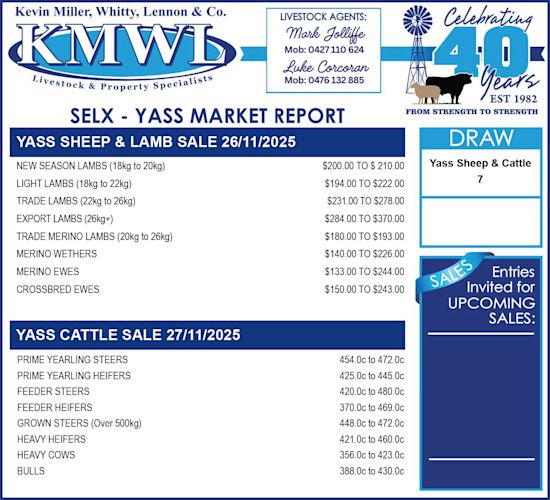If you don’t know exactly what a conveyancer is or does off the top of your head, that’s okay, not a lot of people do. Most understand that it has something to do with real estate and titles but not the precise details. A conveyancer is someone who is intimately familiar with the complex laws of Australian real estate.
Conveyancers don’t have to be solicitors, but many come from legal backgrounds in order to help home buyers and sellers with the legal side of real estate. As for what they can do for you, a conveyancer is there to ensure that your home purchase is completely above board, arranged in your favour and can be legally completed. You might be surprised to discover just how many ways a property sale can go wrong. The first duty of a conveyancer is to check the status of the title, allowing them to ensure that it belongs to the person selling and that there are no undisclosed problems with the property like liens, easements, use limitations or subdivision. They can also put your deposit in a trust account to keep it safe, calculate rates and taxes based on local laws, review the contract for clarity and fairness and represent your interests in negotiations.
When to Hire a Conveyancer
When you hire a conveyancer depends on you, the specific property deal and how early you want the information they can provide. On one hand, many people think of the conveyancer as an end of deal professional, someone who can smooth over the final sale procedures. However, the information on the title they can provide is also an important part of determining if a property is even viable to consider. If there is something wrong with the title that makes the property unsuitable for your plans, you will want to know that before spending any time or money on negotiations.
The best time to get your conveyancer involved is actually about when you’re ready to hire an inspector, as they serve a very similar purpose. Once you find a home or property that you really like, can afford and think has potential as your future residence, it’s time to discover more about it. The inspector will tell you the true physical state of the house like the quality of the pipes and foundation while the conveyancer can tell you the true legal state of the house like if it is owned free and clear or if there are building restrictions that would clash with your plans.
Stay Connected
Subscribe
Get in Contact
Hilltops News to your inbox
Sign up now for the latest news from the Hilltops Area direct to your inbox.









